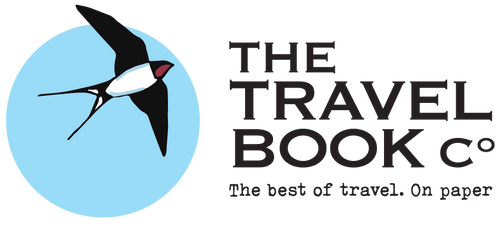
Mark Jones
So a travel writer is asked to choose his life-changing book – and he chooses not Leigh Fermor, not Norman Lewis, not Jan Morris, but a children’s story. Not a good look.
But I have chosen one of C S Lewis’s Chronicles of Narnia for one very honest reason: it was these tales that got me first interested in both writing and travelling.
Prince Caspian is the second book in the series. The four children who appeared in the first (The Lion, the Witch and the Wardrobe) return to Narnia to help a young Prince recapture his kingdom and restore the land to its natural inhabitants – talking animals, nymphs, dryads, dwarves, giants and the like – under its spiritual leader, the great lion Aslan.
Caspian is probably the least favourite book for the still-growing legions of Narnia nuts. Lewis’s American evangelical followers, who pour out thousands of written and spoken words about the author every year, like it the least, perhaps because it’s the Chronicle with the least grounding in scripture. It is also the most political book in the series: the regime they come to overthrow is part Cromwell, part Stalin, part Clement Atlee. Lewis wasn’t a conservative with a capital ‘C’: he was a conservative all in caps. Prince Caspian is suffused with his longing for a past world and his visceral dislike of modernity in all its forms.
Travel writers, meanwhile, prefer either The Lion, the Witch… or The Voyage of the Dawn Treader, a Homeric sea voyage to strange and fantastical lands.
I like the narrative rebellion in Caspian. You can relate to it a lot more than the fairytale borrowings and the overt Christian allegory of the first book. I like the mish-mash. Lewis was a hugely well-read man (he read everything and forgot nothing, said one critic). So there’s Ovid and Robert Louis Stevenson here, Aeschylus and James Fennimore Cooper.
But I like it most because, like the best of the Narnia books, it’s about a journey. Specifically it’s about a long hike, as the four children and Trumpkin the dwarf slog through enemy-held territory to reach Aslan and the Prince.
Lewis himself was not a traveller; but he was a ferocious walker. From his childhood in Northern Ireland to his years as a don in Oxford he walked and walked. Several times a year, he, his brother Warnie and his chums (sometimes including J R R Tolkien, who complained about the ‘ruthless pace’ the Lewis brothers set) would set out on epic walking holidays west from Oxford and into Wales and the far west. This is a great book about walking: the wrong turns, the squabbles, the sweatiness, the hunger and the thirst and the getting lost as well as the sublime moments and the sheer joy of covering the miles. Only a walker could have written this book. A journey is never the same after a stop, he writes. Don’t we all know that?
Its real-world inspiration? At a guess, I’d say the forests above the Wye Valley, where he and Warnie sometimes went to tramp and drink.
The liberation of Narnia is only part of the quest. The book is much more concerned with the restitution of Old Narnia, a land of poetry, magic, bacchanalia and faith which has been suppressed by a tyranny which, like the tyrannies that emerged during Lewis's own lifetime (1898-1963) was brutally materialist and avowedly atheist. Now, Lewis might have converted me to writing and travel; but he didn’t convert me into a Christian (nor Conservatism). But the search for the hidden, the forgotten, the mystical in a landscape – isn’t that something we all do, the faithful and the Godless, Conservatives and progressives alike?
Biography
Mark Jones has divided his time between travel writing and commissioning travel writers, as editor of High Life, Discovery and Do Not Disturb magazines and a contributor to the Daily Mail, The Financial Times, The Guardian, Wanderlust, Christie’s magazine and more. In 2020 he launched his own blog Marklands, a mixture of reportage, opinion, music, gear and extracts from travel writers he admires.
He has won two travel writer of the year awards for pieces on Krakow and the Galapagos.
Mark lived and worked in Hong Kong from 2015 to 2019. Now based in Buckinghamshire he is now setting out to rediscover his native land following in the boot tracks of the author C S Lewis.
On looking for Narnia in England and Ireland is due out at the end of 2021. If you'd like to sign up for Mark's blog, click here and start your subscription.


